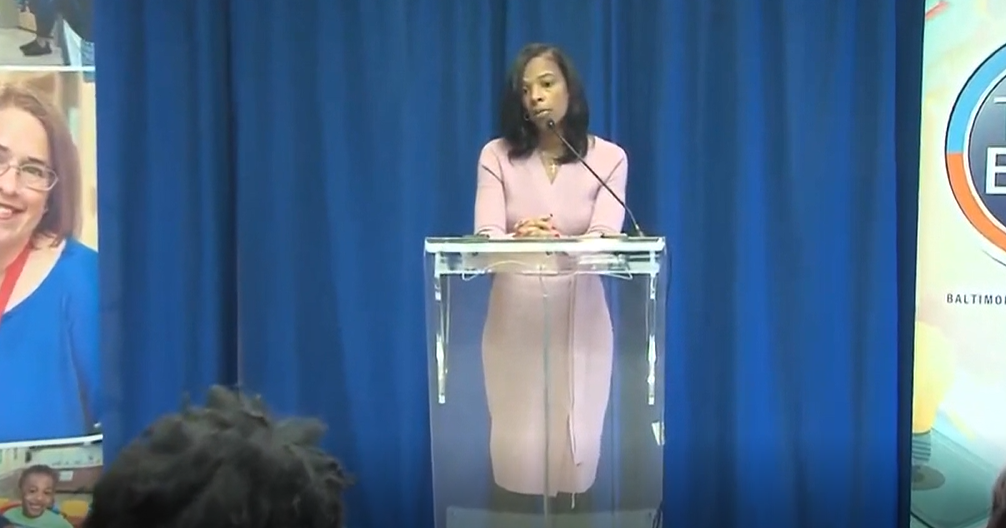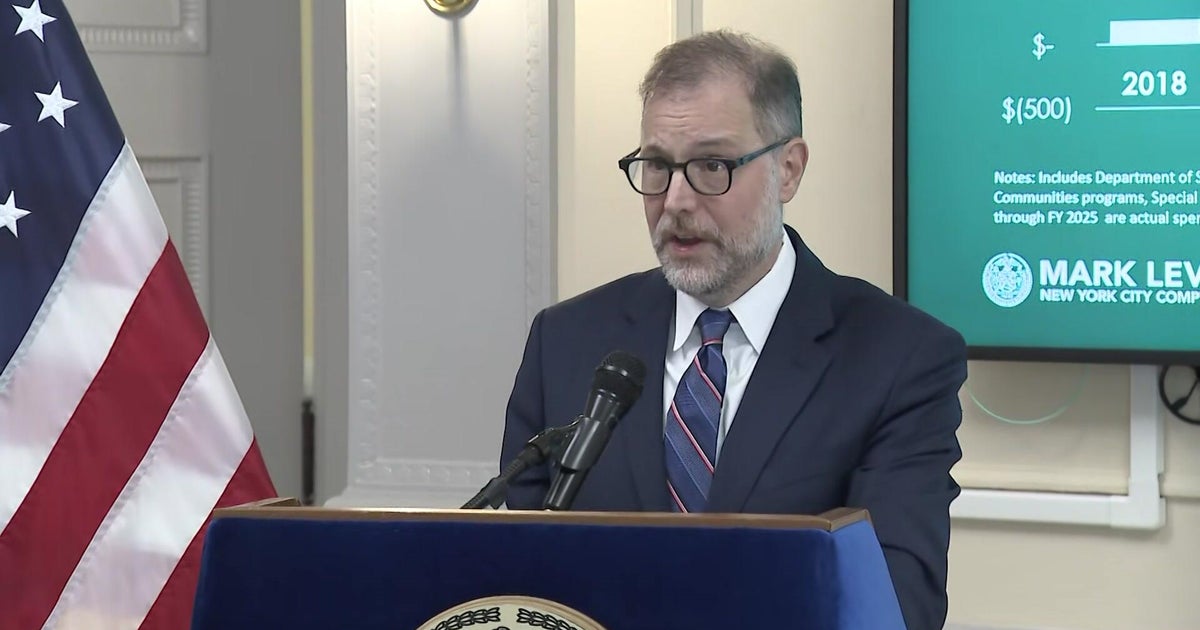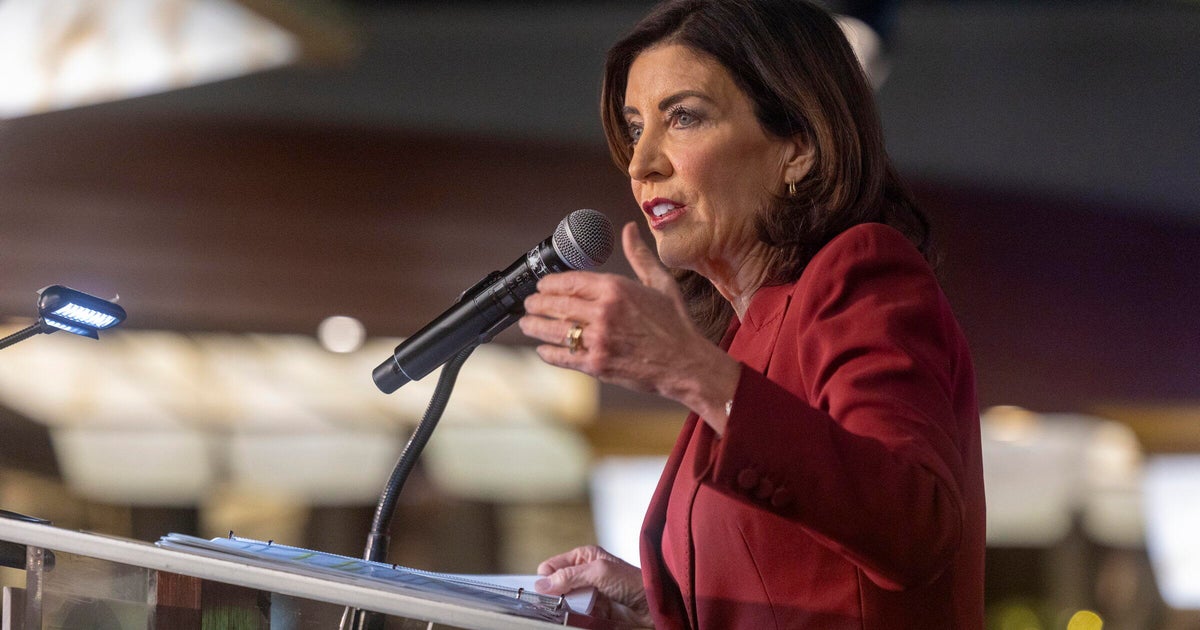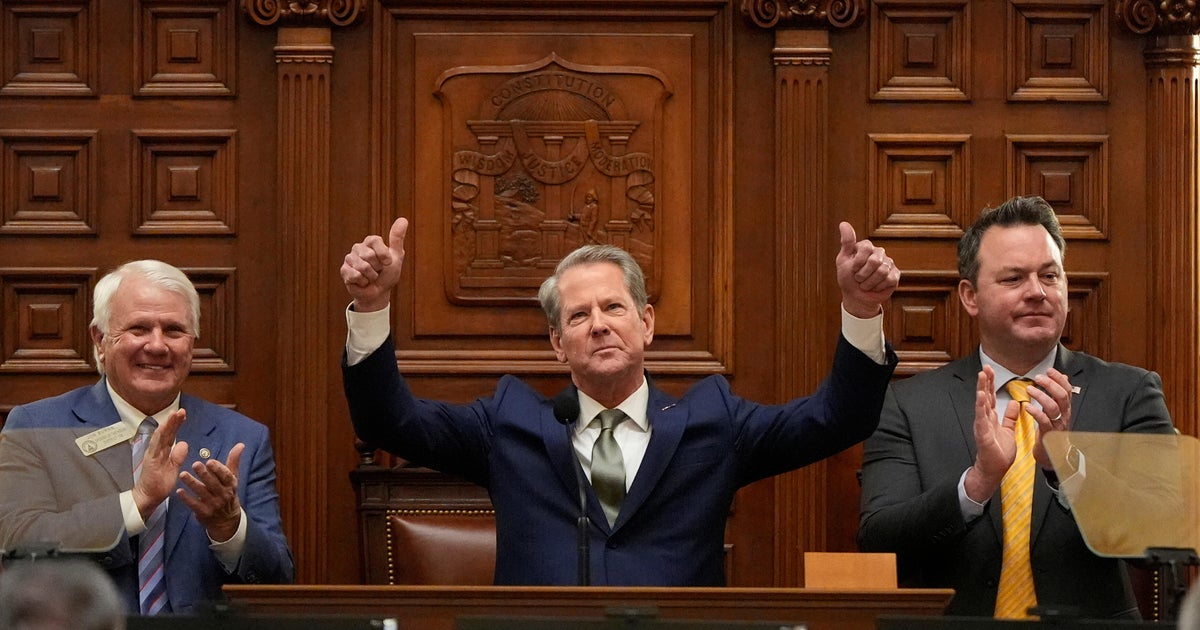City Budget Agreement: Some Expanded Services, No Tax Hikes
NEW YORK (CBSNewYork) -- The city's $70 billion budget for the coming fiscal year will preserve and even expand some existing services without raising taxes, Mayor Michael Bloomberg and City Council leaders announced Sunday evening.
As 1010 WINS' Gene Michaels and WCBS 880's Jim Smith reported, Bloomberg announced the budget agreement at a rare Sunday evening news conference at City Hall. The mayor first announced his budget proposal earlier in the year for the fiscal year that begins July 1.
In addition to preserving many services about which there had been concerns over potential cuts, the budget provides significant additional funding to the New York City Housing Authority in the wake of cuts at the federal and state level, Bloomberg said.
City Budget Agreement: Some Expanded Services, No Tax Hikes
The budget calls for $58 million for NCYHA for housing developments, senior centers and community programs.
Bloomberg and other officials emphasized that the funding was needed particularly because the federal government cut funding to NYCHA when the sequestration cuts came into effect.
The added funding for NYCHA has protected the jobs of 325 employees, and averted the closure of more than 60 senior centers and community facilities, the city said.
"We are saving these centers, and we're making them better," said City Council Finance Committee Chairman Domenic Recchia (D-47th).
Bloomberg said city lawmakers will not allow public housing to go by the wayside, even in the wake of federal and state cuts.
"Other cities keep blowing up their public housing, and we keep investing in it," he said.
City Budget Agreement: Some Expanded Services, No Tax Hikes
Meanwhile, while there had been concerns that the city might need to close firehouses to balance the budget, but Bloomberg said this will not have to happen. There will be no reduction in fire companies in the city, he said.
"That's a major victory -- the 20 fire companies. We're looking at, the total is $59 million. The City Council picked up $43 million of the 59 million," Recchia told CBS 2's Dave Carlin. "But the next city council is really going to have to keep an eye on that and work it out with the next mayor."
The city also will not need to close any libraries, and funding in the budget will allow the libraries to go back to longer operating hours. Swimming pools will also remain open with necessary funding.
City Council Speaker Christine Quinn added that the city also has added some other services where they are critically needed.
Those include expanded for legal services for immigrants, more funding for the Department of Aging, and services to combat domestic violence in every district in the City Council.
The budget also includes millions of dollars for capital projects – especially focusing on areas hit hard by Superstorm Sandy, Recchia said. The goal is to "address that we are prepared for the future and make sure that we are never hit again the way this city was hit," he said.
In total $250 million is going toward preparations for the next big storm, CBS 2's Carlin reported.
The budget also sets aside $60 million for early childhood education – including 3,500 seats in contract child care centers – as well as $72 million for after-school programs.
Advocates from the Campaign for Children were particularly pleased with the deal on preserving child care services, particularly since Bloomberg's earlier budget proposal had called for cuts to 47,000 slots from the child care and after-school systems. But the organization said the city needs to quit threatening to put child care on the chopping block.
But the cuts to day care and after school programs are not off the table permanently. They have only been averted for a year.
Stephanie Gendell of the Citizen's Committee for Children said the city has engaged in a budget dance where the city threatens nightmare scenarios then saves the day. She said the status quo seem like a victory, when it's only temporary.
"It creates real instability for the programs, and the families to not know if the programs will be open next June," she said.
Bloomberg emphasized that the budget agreement accomplishes all of its feats without raising taxes. The reason, in part, was the new Borough Taxi Plan in which the city will be able to sell new taxi medallions, he said.
Bloomberg added that interest rates were lower than forecast, and the city has thus saved $2 million by refinancing the city's debt.
In addition, property tax revenues have come in higher than forecast, Bloomberg said.
The budget does not fund the hiring of any extra police officers, but Bloomberg said such an action was not necessary.
"We've been able to bring crime down to record lows, and continue this year," he said, noting that so far this year, crime is down 30 percent compared with the same period in 2012.
"While it would be nice to be able to afford more cops, we've got a lot of contradicting things" that must be funded, Bloomberg said.
And despite calls from unionized city workers, the budget also does not fund any retroactive pay increases, or even major pay raises, for municipal employees.
While there are reserves put into place for regular annual raises, Bloomberg said, "There is no big pot of money that would allow you to give retroactive raises, or to increase salaries dramatically."
Quinn emphasized that forward-thinking planning in the days before the economic crisis began five years ago have left New York in a better position than many cities.
"We now have a better outlook than we have at any time since the crash of 2008," she said.
She also emphasized that when it came to preparing the budget, cooperation carried the day.
"If you focus on delivering, if you check the grandstanding at the door, you can get a great deal done, and that's what it's all about for New Yorkers, and that's why we're here," she said.
The fact that the budget did not raise taxes, and came before the June 30 deadline, prompted a kiss between Bloomberg and Quinn, and handshakes all around the City Hall rotunda.
But the celebration has a shelf life. The dance starts all over again a year from now, and a big deficit likely bouncing back for 2015 will be inherited by whoever is mayor then.
Check Out These Other Stories From CBSNewYork.com:







